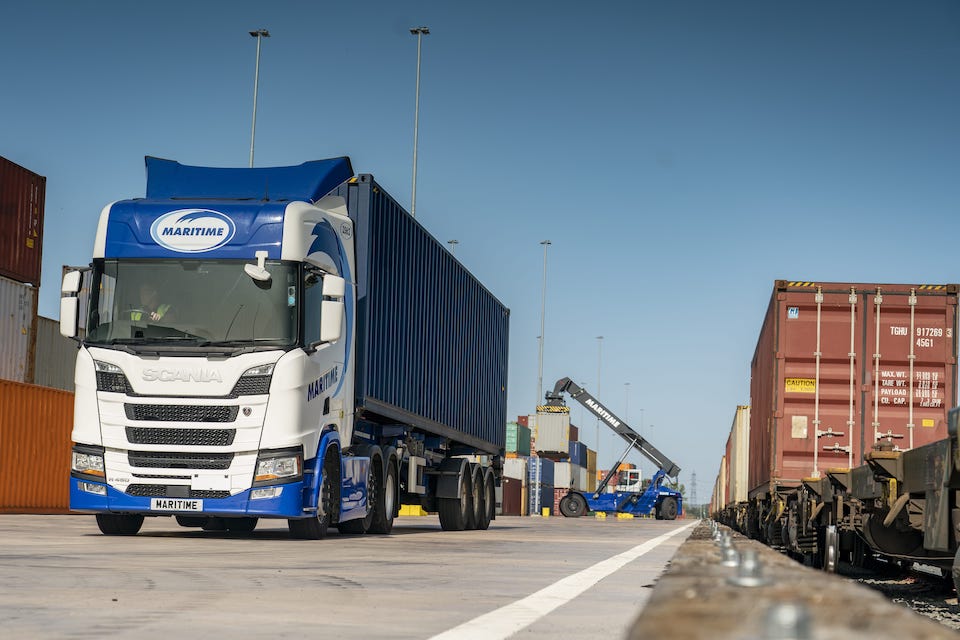Zero-emission truck and electric train should be charged the same

European policy makers should find a way of charging for infrastructure that incentivises the greenest possible choice of modality. This requires a multimodal approach, rather than an isolated policy for a single transport sector, say the European industry associations the UIRR, CER and ERFA. Thus, no waiving tolls for electric trucks, but more incentives to take the train, is the argument of the groups.
Do you want to read the full article?
Thank you for visiting RailFreight.com. Become a member of RailFreight Premium and get full access to all our premium content.
Are you already a member?
Having problems logging in? Call +31(0)10 280 1000 or send an email to customerdesk@promedia.nl.





